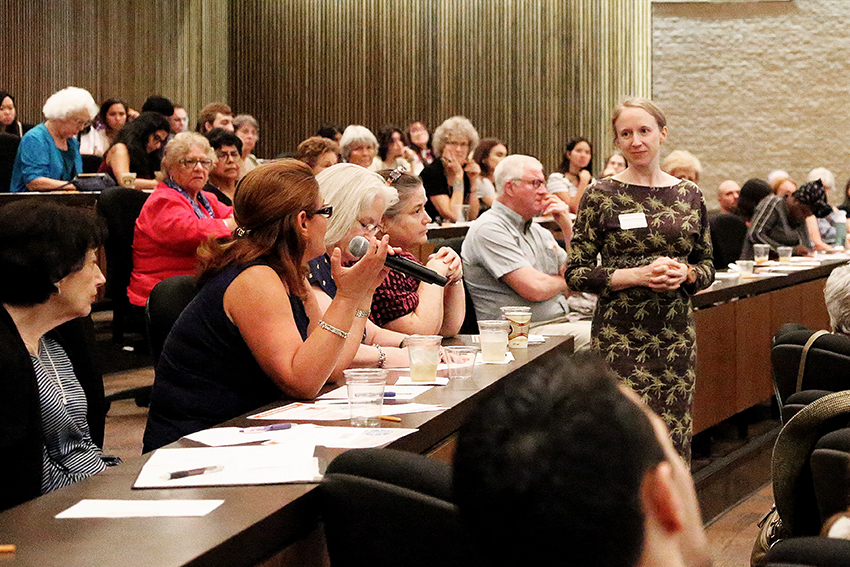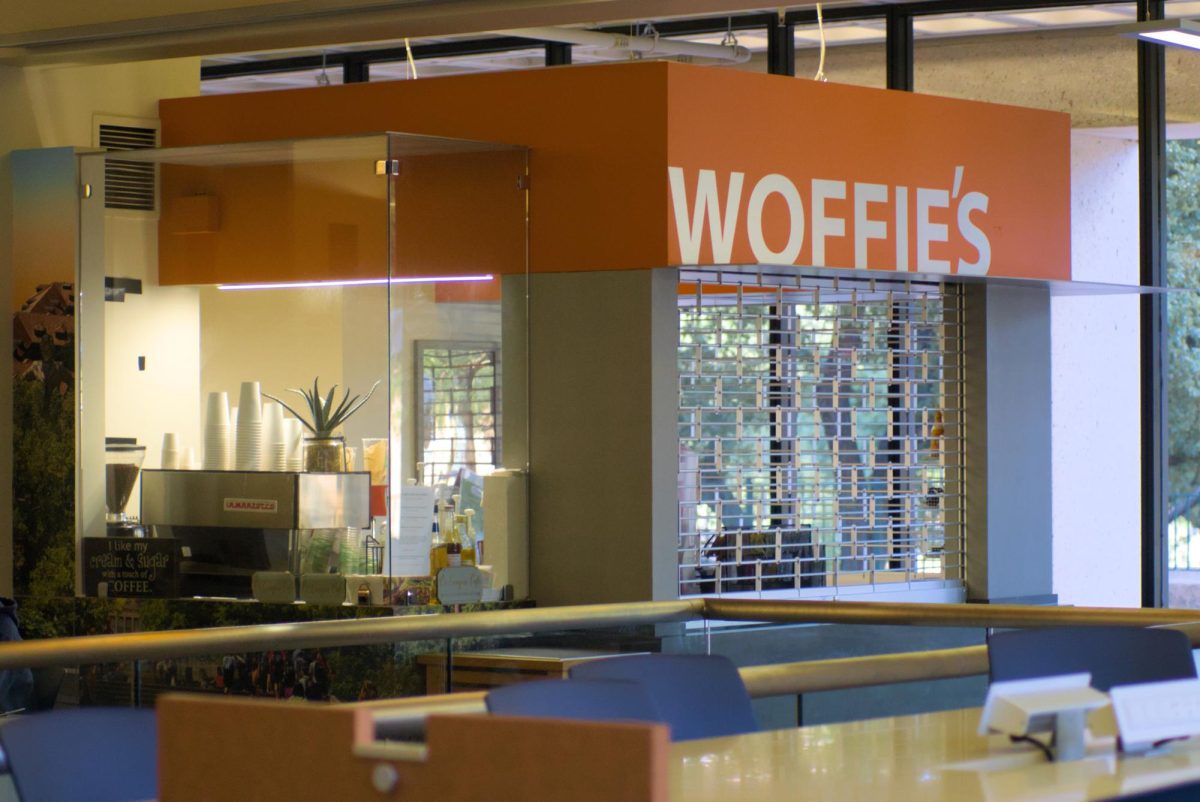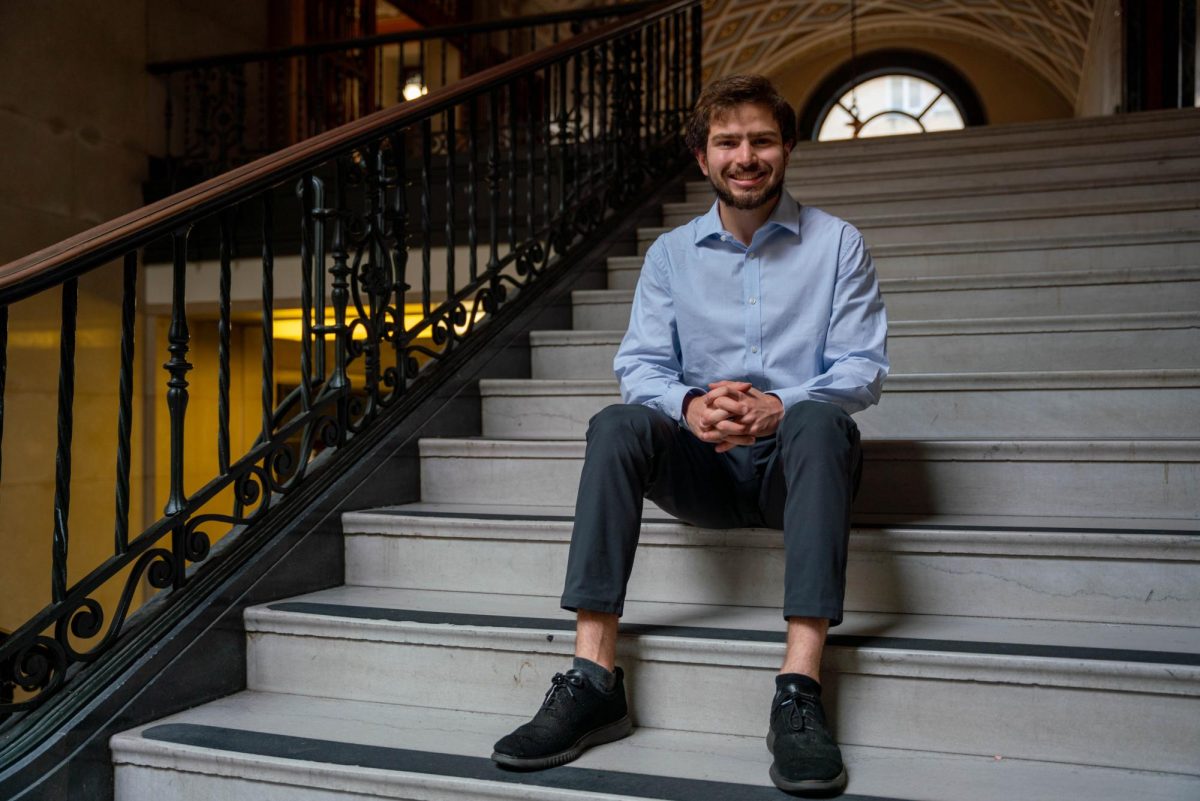Having a limited scope of interests and repeating behaviors are sometimes signs exhibited in people with autism, said neurology assistant professor Audrey Brumback during a panel about autism on Saturday. The panel was part of a public outreach and educational program by the Department of Neurology called UT Brainstorms.
“(Behaviors and interests) range from being an expert in a micro topic, like the train system in Paris in the early 1900s, to enjoying different sensory aspects of objects,” Brumback said. “These are some examples of the types of behaviors that myself and a clinician ask about when a child comes to my clinic and the parent asks, ‘Does my child have autism?’”
The conversation was open to the public and about 150 people sat in. Brumback specializes in the evaluation and treatment of children with autism and related neurodevelopmental disabilities. She emphasized one of the challenges in diagnosing autism is that it is a case-by-case basis through observed or reported behavior.
“(The challenges for someone that’s autistic) can range from having that tag on the back of your shirt be so distracting that you can’t focus on the other parts of your life to (not) being able to look at somebody and also hear what they’re saying at the same time,” Brumback said.
Neuroscience freshman Lillian Jackson has a cousin with autism and said she felt the information would be useful in her life. She said the conversation opened her eyes to the struggles children with autism face.
“Growing up, you don’t really understand (autism),” Jackson said. “I think other children can be more critical of their peers, so I can understand how that’s hard, a child growing up with autism and not really understanding why they’re treated differently.”
Brumback spoke about developing autism treatment in the realm of brain circuitry, or how parts of the brain communicate with one another through neurons.
Biology freshman Eduardo Castro found the scientific advances regarding autism to be reassuring.
“I think the developments they’ve made so far can be used for therapeutic reasons,” Castro said. “By doing that kind of research, it takes them a step further into knowing how to treat it.”
Brumback finished the Brainstorm on a positive note.
“What I’m showing you here really gives me hope that if we can increase or decrease the activity of (neurons), then we may be able to treat multiple different versions of this disorder using these circuit level therapies,” Brumback said.





















